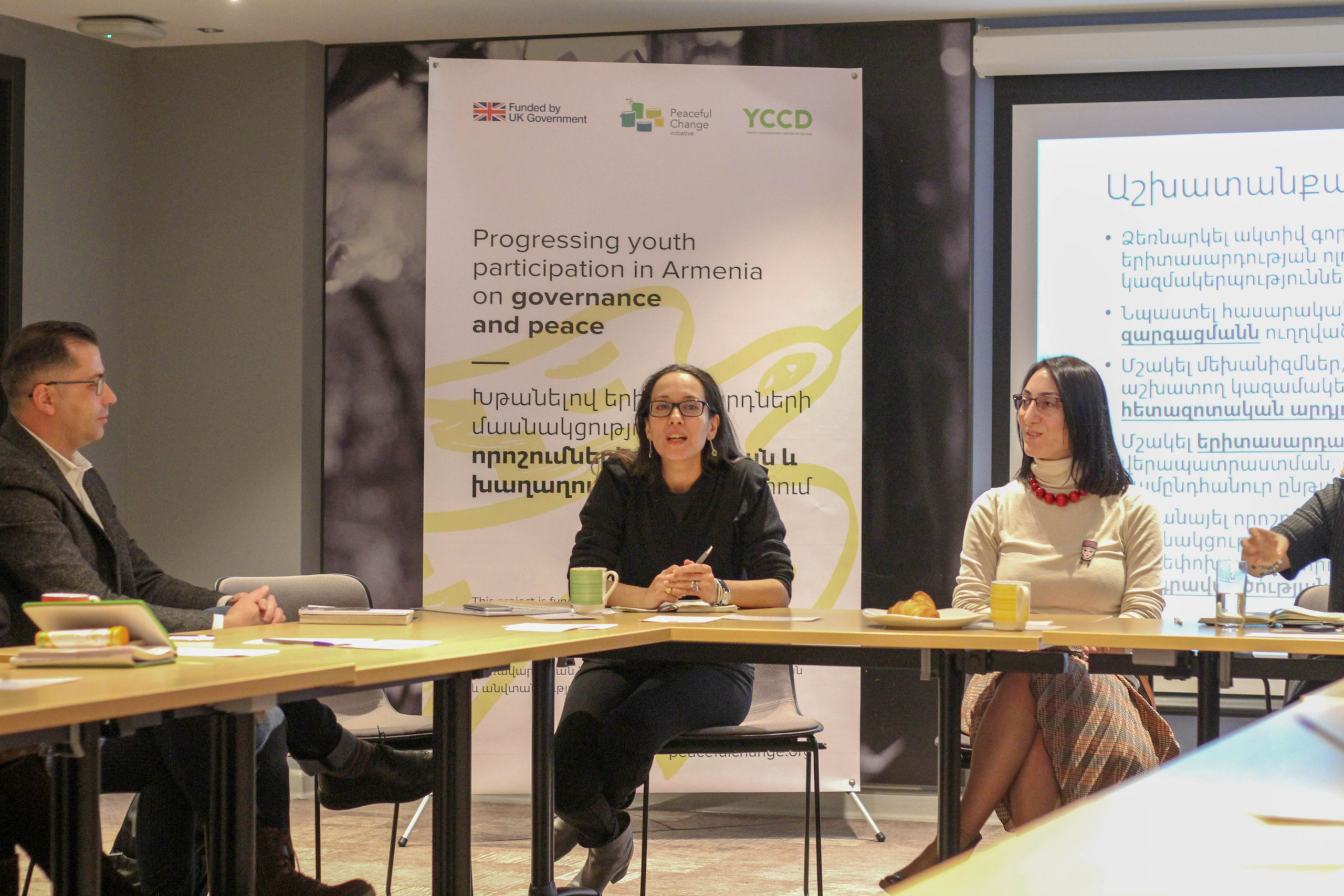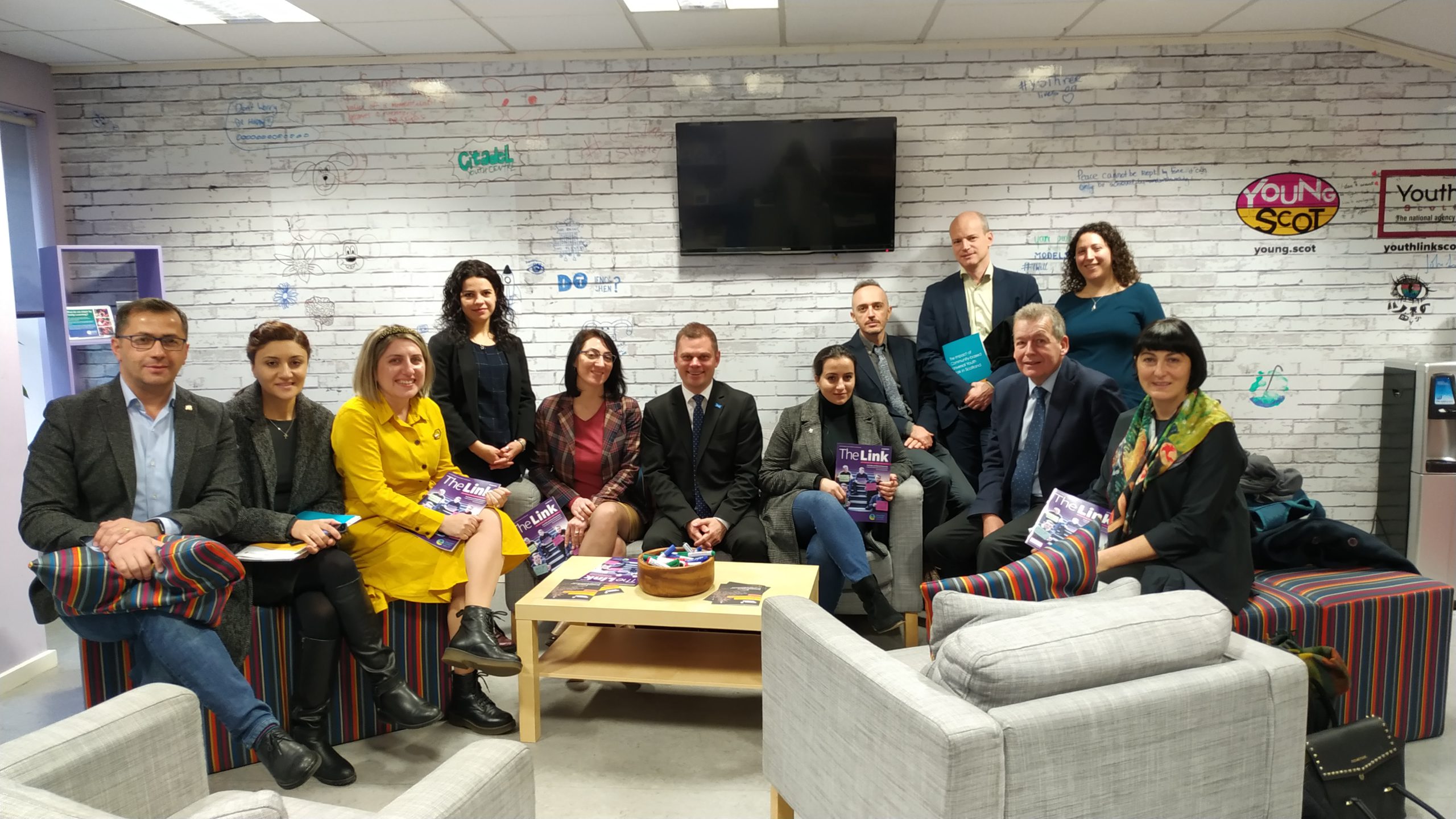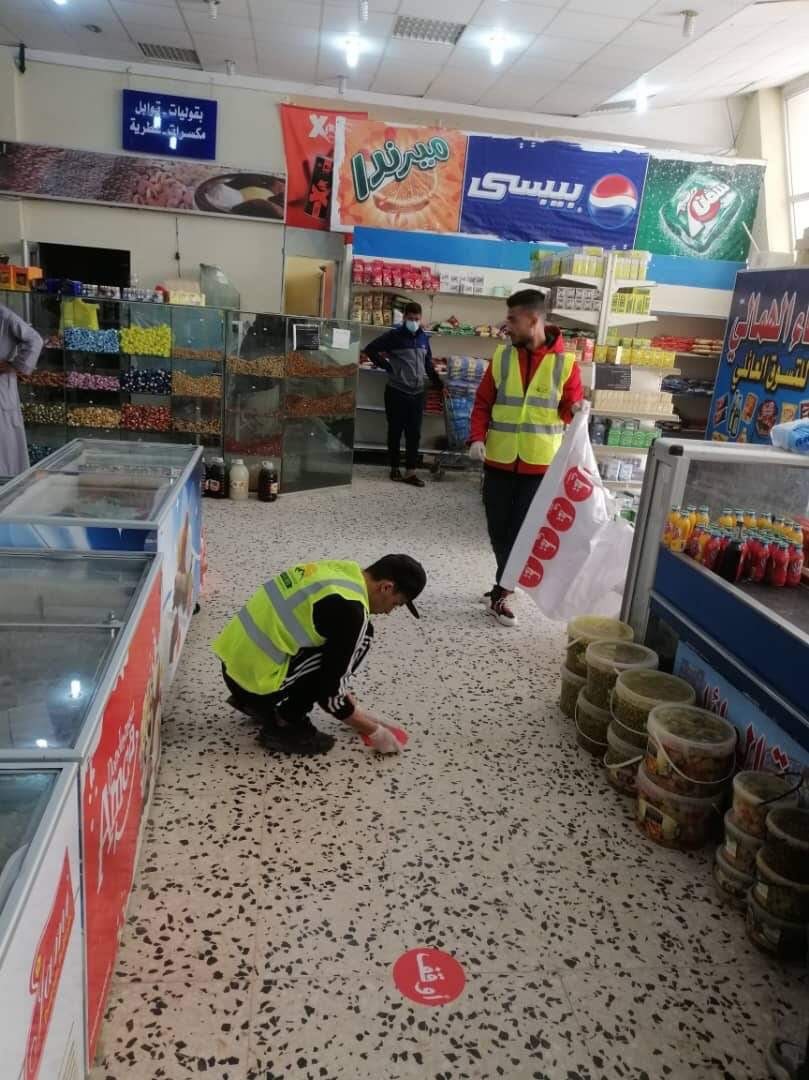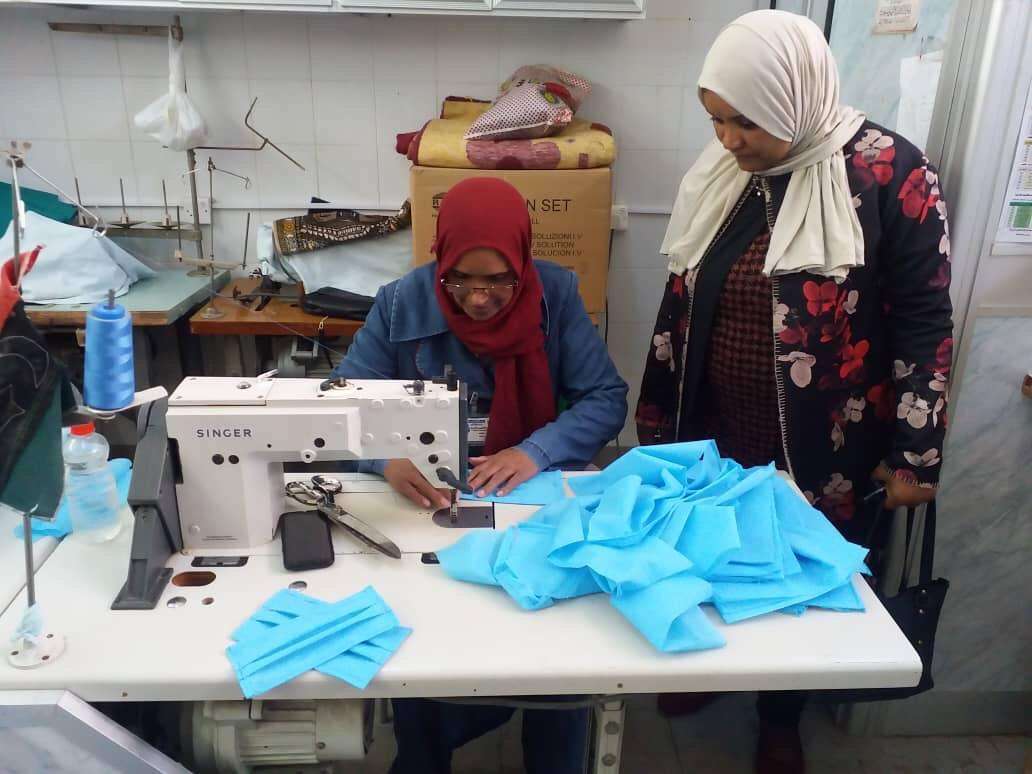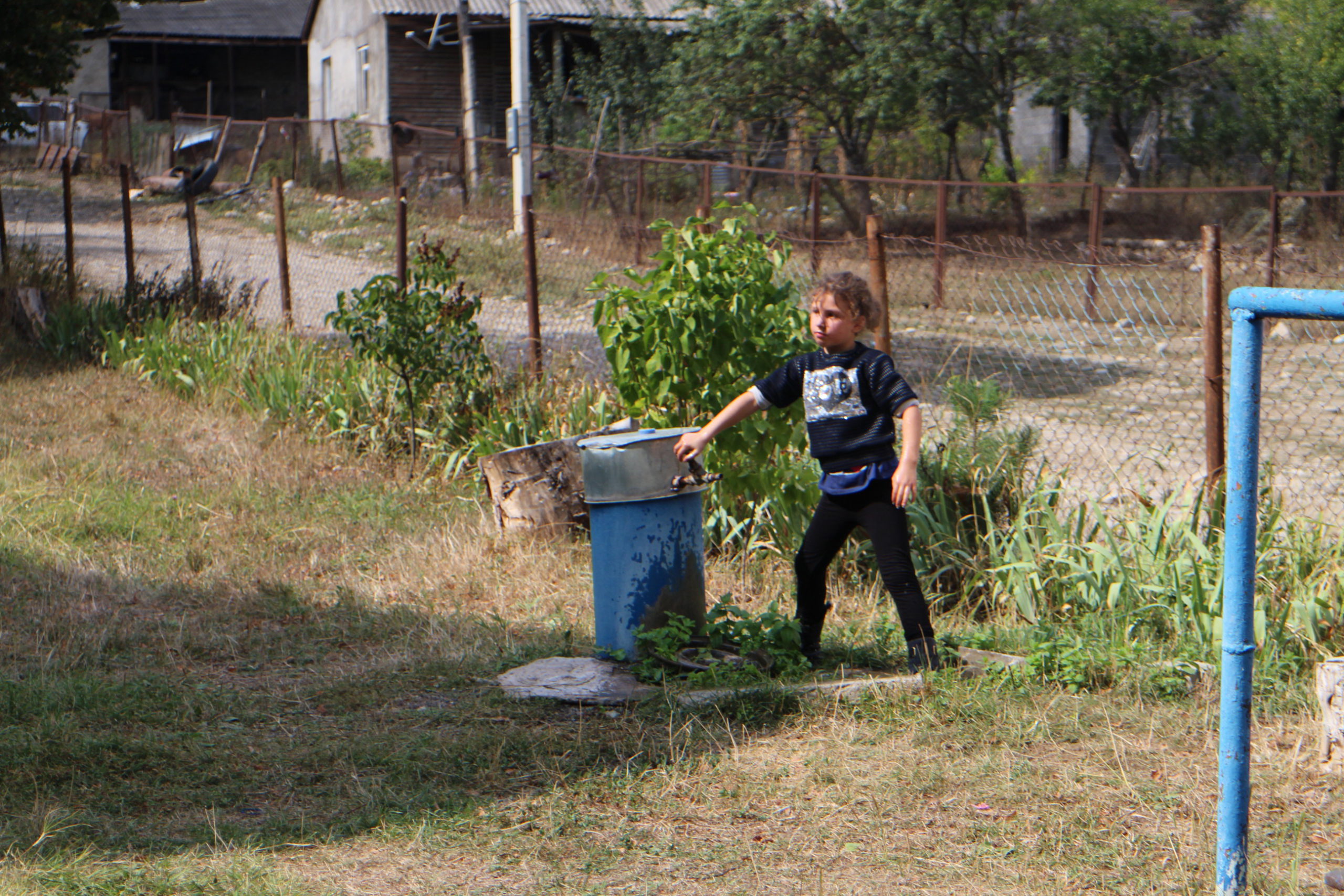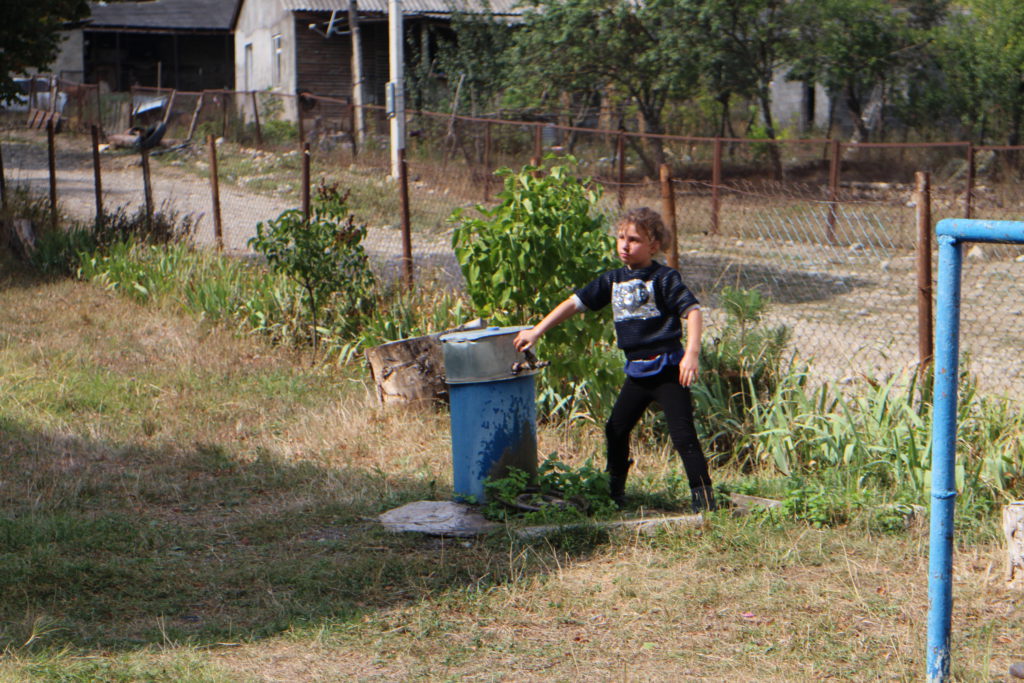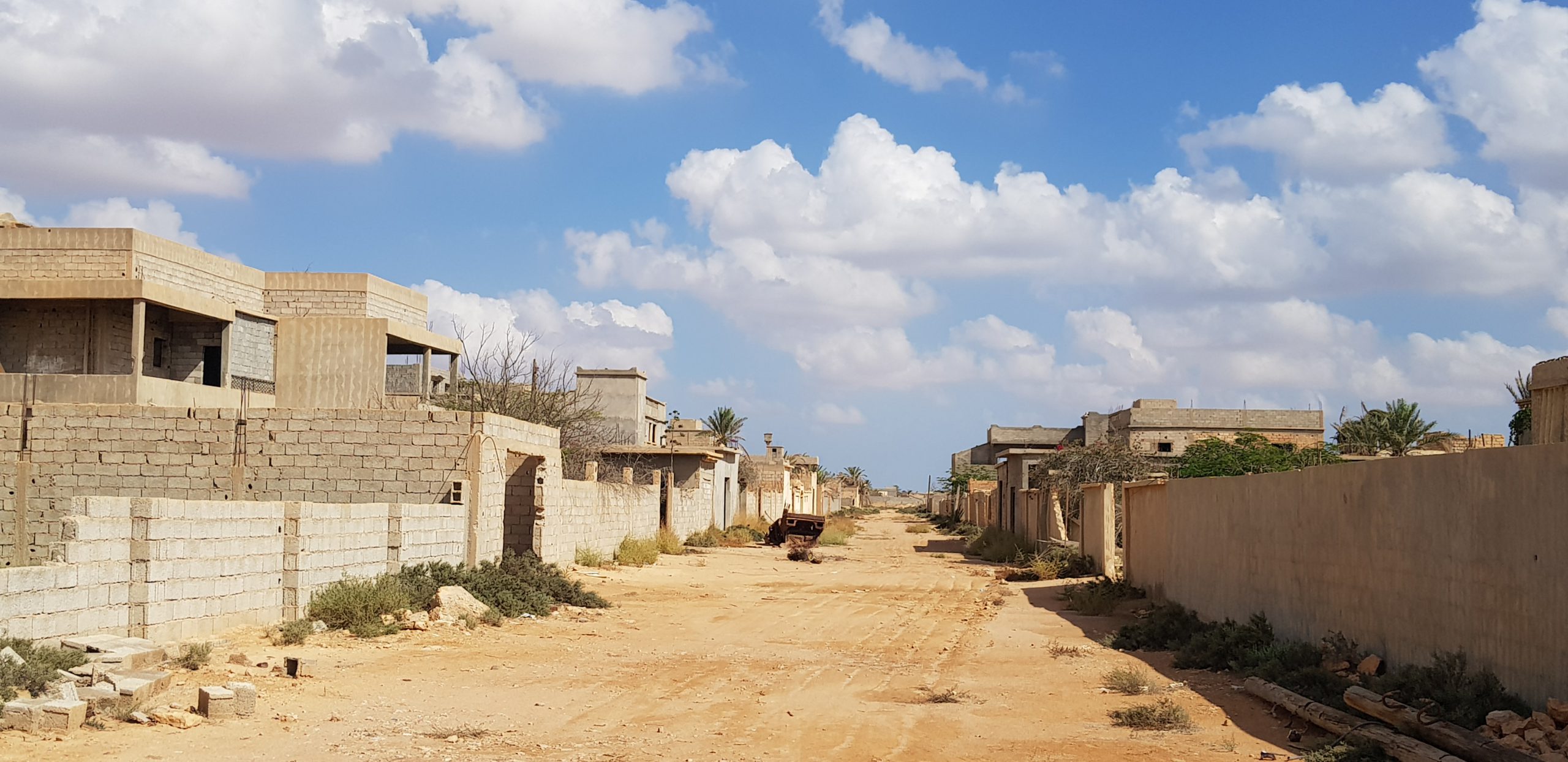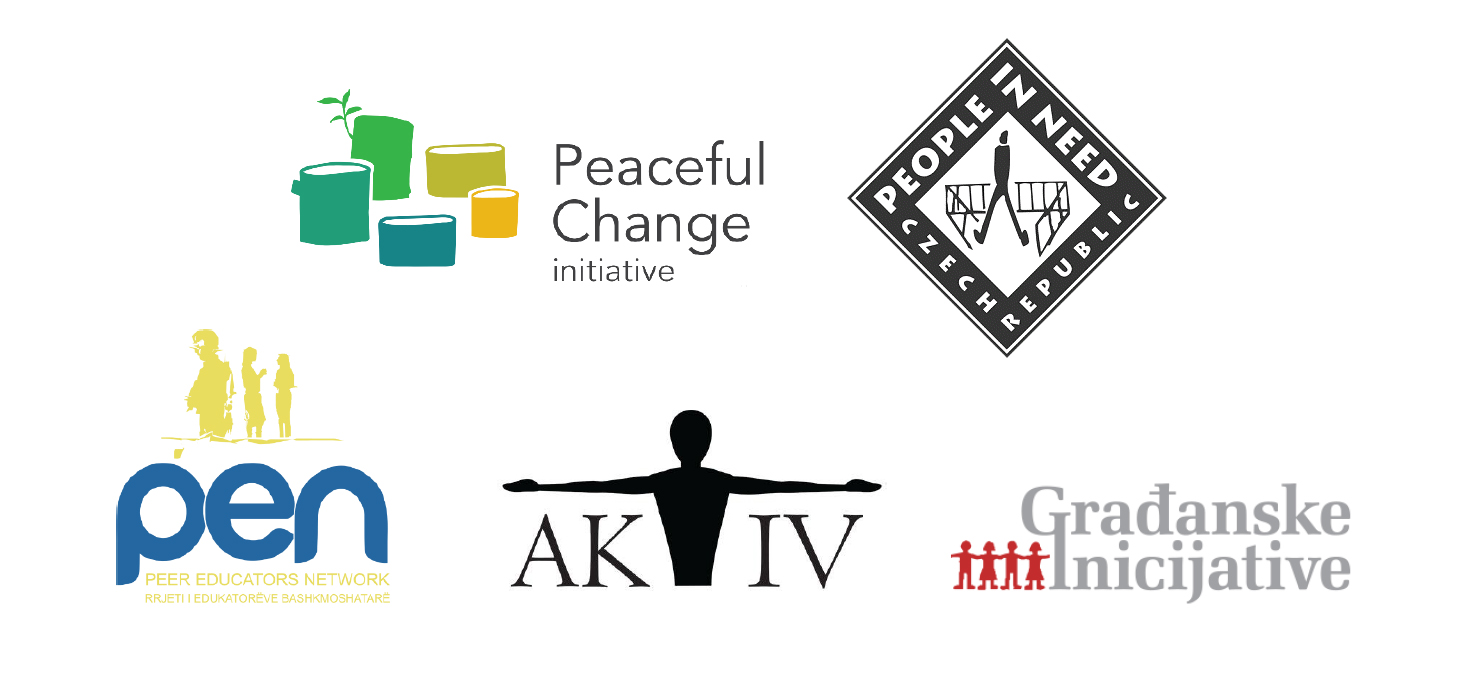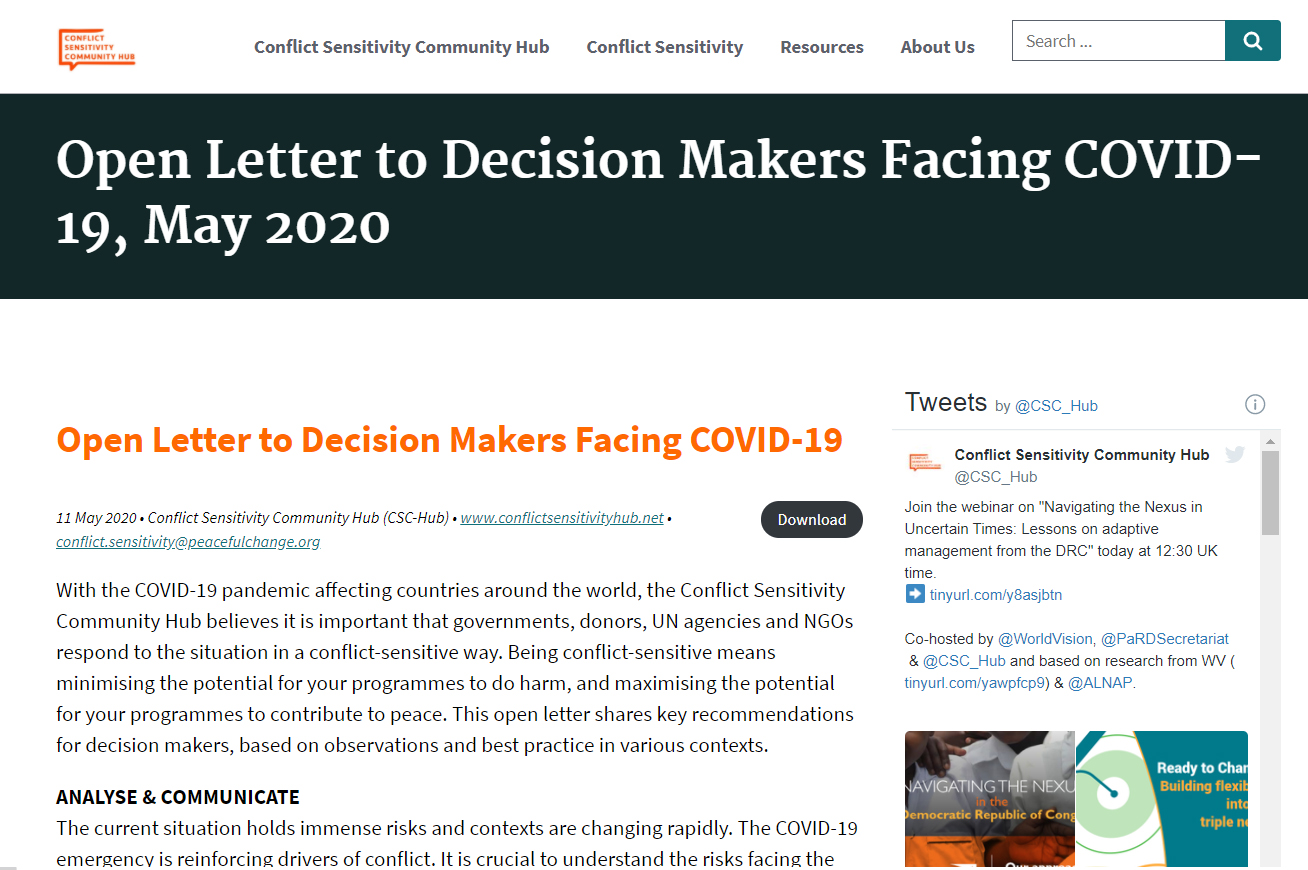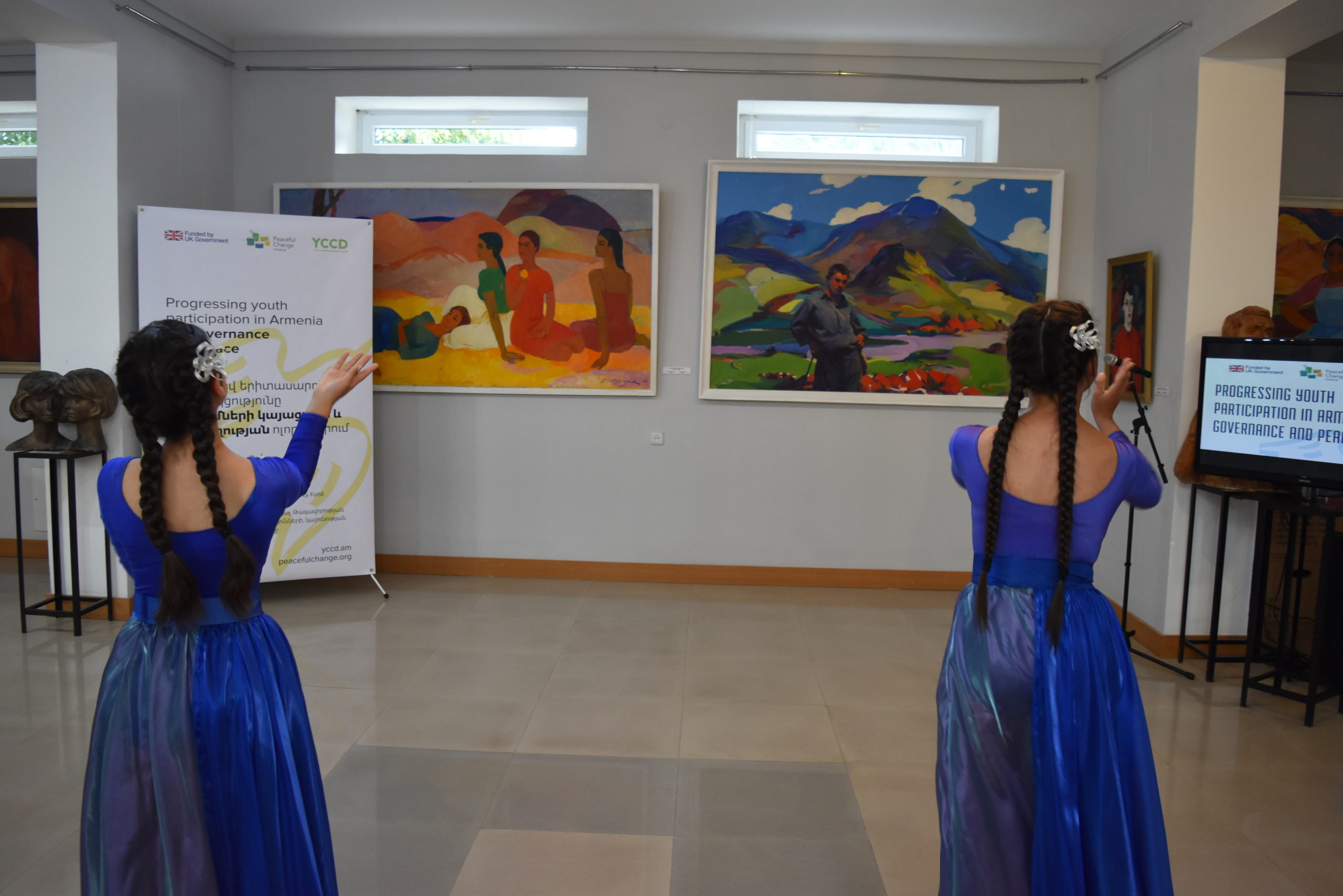

In April 2019, PCi commenced work on a 12-month project funded by the UK Government and within the framework of UNSCR 2250 on youth, peace and security. The first component involves research into youth involvement in the violence-free revolution that led to a change in government in 2018. Workshops will then be convened for Armenian civil society organisations focusing on peacebuilding to discuss the research findings and develop recommendations, and it is envisaged that organisations will work collaboratively to advocate for the recommendations. The project aims to have the recommendations included in the government’s official Youth Policy. The second component will develop educational materials to build young people’s awareness of peace and security issues in Armenia and increase knowledge of peacebuilding activities. Materials will be piloted among youth directly affected by conflict in the province of Tavush in the north east of Armenia.

